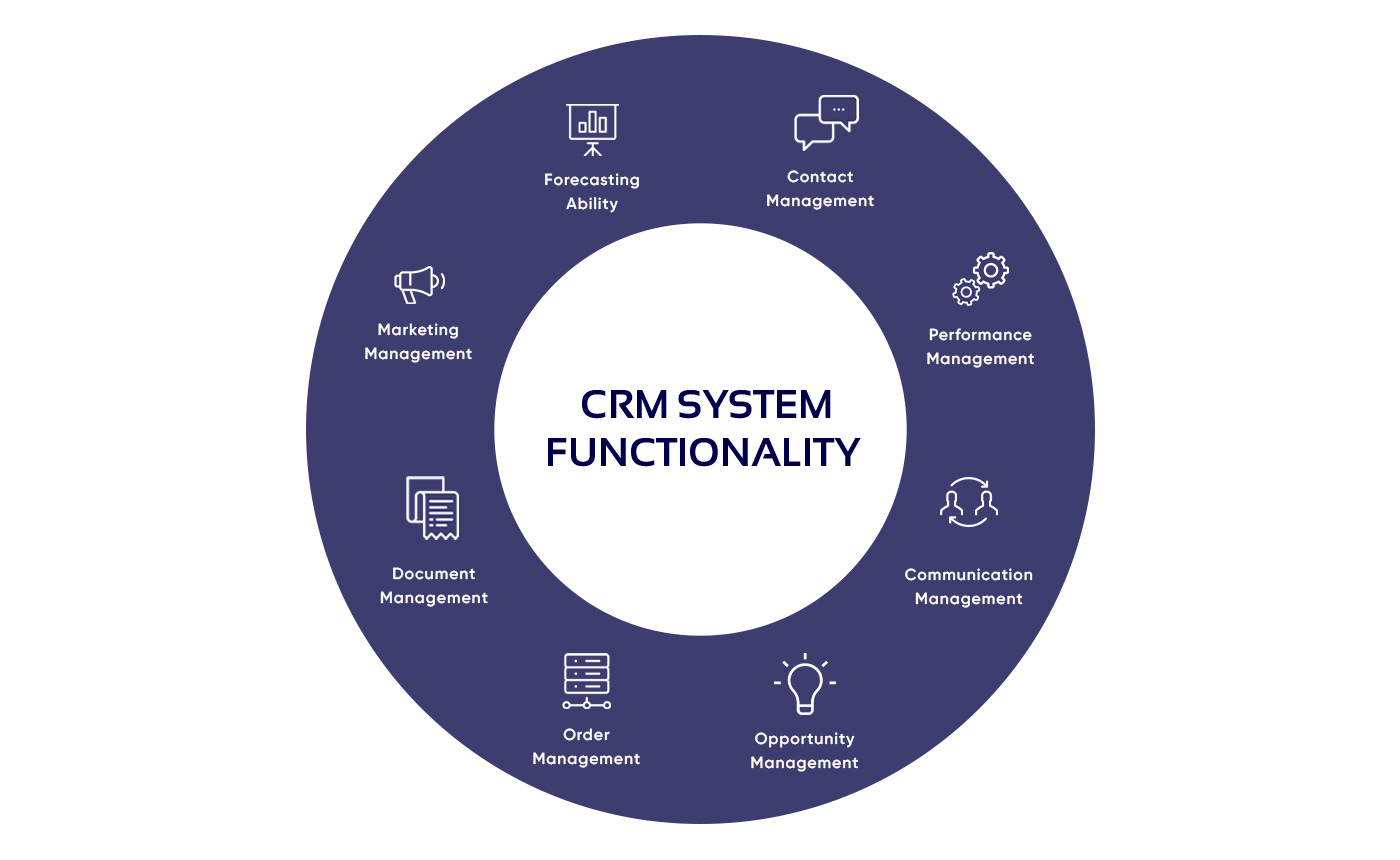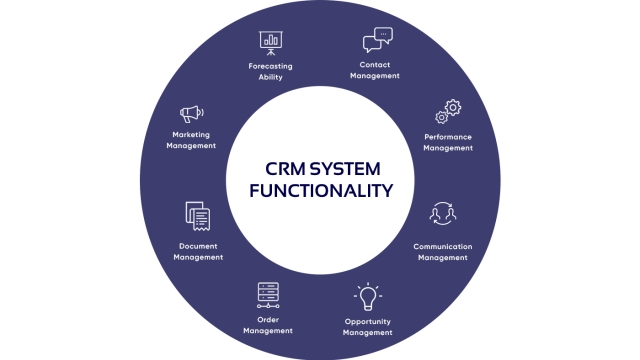In today’s digital age, businesses are constantly striving to find innovative ways to connect with their customers and build long-lasting relationships. With the rapid advancements in technology, one tool that has emerged as a game-changer in this endeavor is the CRM system. CRM, short for Customer Relationship Management, is a robust software solution that allows companies to effectively manage and streamline their interactions with customers.
At its core, a CRM system serves as a centralized repository for all customer data and interactions, enabling businesses to gain valuable insights, enhance communication, and optimize sales and marketing efforts. Gone are the days of scattered spreadsheets and disjointed communication channels – a CRM system consolidates customer information, communication history, transactions, and preferences in one easily accessible platform.
The beauty of a CRM system lies in its ability to transform the way businesses engage with their customers. Whether it’s nurturing leads, resolving issues, or upselling products, a well-implemented CRM system serves as a powerful tool that enhances efficiency and effectiveness across the entire customer lifecycle. By providing a holistic view of each customer’s journey, businesses can tailor their strategies to deliver personalized experiences, leading to increased customer satisfaction and loyalty.
In the next sections of this article, we will explore the various functionalities and benefits of CRM systems, delving into the ways they can revolutionize customer relationships. From automating routine tasks to fostering collaboration among teams, we will uncover the power of CRM systems in driving growth, fostering customer loyalty, and ultimately, propelling businesses into a new era of success. So sit back, buckle up, and get ready to delve into the exciting world of CRM systems!
Benefits of CRM Systems
CRM systems offer numerous benefits to businesses across various industries. Implementing a CRM system can have a transformative impact on how companies manage their customer relationships, enabling them to optimize sales, enhance customer satisfaction, and improve overall efficiency.
Increased Sales:
By leveraging the power of CRM systems, businesses can effectively track and manage their sales pipeline. These systems provide valuable insights into customer behaviors, preferences, and buying patterns, enabling sales teams to target their efforts more effectively. With a CRM system, companies can streamline their sales processes, nurture leads, and identify cross-selling or upselling opportunities, ultimately increasing their sales and revenue.
Enhanced Customer Satisfaction:
One of the primary benefits of CRM systems is their ability to centralize customer data and facilitate personalized interactions. When businesses have a comprehensive view of each customer, sales and support teams can provide tailored recommendations, address specific concerns, and offer prompt assistance. This level of personalized service enhances customer satisfaction, fosters loyalty, and leads to long-term relationships.
Improved Efficiency:
CRM systems streamline various manual processes and automate repetitive tasks, resulting in improved efficiency and productivity. These systems can automate customer data entry, order processing, and follow-up activities, freeing up valuable time for employees to focus on higher-value tasks. Additionally, CRM systems enable efficient collaboration and communication within teams by centralizing customer information, ensuring everyone has access to accurate and up-to-date data.
By harnessing the power of CRM systems, businesses can revolutionize their customer relationships and drive sustainable growth. These systems offer a range of benefits, including increased sales, enhanced customer satisfaction, and improved overall efficiency.
Key Components of CRM Systems
CRM systems comprise several key components that work together to streamline and enhance customer relationships. These components play a vital role in enabling businesses to effectively manage and personalize interactions with their customers.
Firstly, a fundamental component of CRM systems is the contact management feature. This allows businesses to store and organize important customer information, including contact details, purchase history, and communication records. By centralizing this data, businesses can easily access and update customer information, ensuring that all relevant information is readily available to employees across various departments.
Another essential component of CRM systems is sales force automation. This feature automates and optimizes sales processes, providing sales teams with tools to manage leads, track sales activities, and forecast future sales. By automating repetitive tasks, sales force automation enables sales teams to focus more on building relationships with customers and closing deals.
In addition to contact management and sales force automation, CRM systems also incorporate customer service and support functionalities. This allows businesses to effectively manage and track customer inquiries, complaints, and support tickets. By providing a centralized platform for customer service interactions, CRM systems help businesses deliver prompt and personalized support, leading to greater customer satisfaction and loyalty.
Overall, the key components of CRM systems, including contact management, sales force automation, and customer service and support, contribute to revolutionizing customer relationships. By leveraging the power of CRM systems, businesses can enhance their understanding of customers, streamline sales processes, and improve customer service, resulting in stronger and more profitable customer relationships.
This concludes the section on the key components of CRM systems. In the next section, we will explore the benefits that CRM systems bring to businesses.
Program do serwisu GSM
Implementing a Successful CRM System
When it comes to implementing a successful CRM system, there are several key factors that need to be considered.
First and foremost, it is crucial to define the goals and objectives of the CRM system. What are you hoping to achieve with its implementation? Clearly outlining your desired outcomes will help guide the entire process and ensure that your CRM system is aligned with your business needs.
Next, selecting the right CRM software is essential. There are numerous options available in the market, each with its own set of features and capabilities. Taking the time to evaluate different CRM solutions and understanding how they can support your specific requirements is crucial.
Finally, the implementation process itself needs to be carefully planned and executed. This involves setting up the system, migrating existing customer data, and training employees to effectively use the CRM software. A well-designed implementation strategy will help minimize disruption and ensure a smooth transition to the new CRM system.
By following these steps and investing time and effort into the implementation process, you can maximize the potential of your CRM system and revolutionize your customer relationships.
